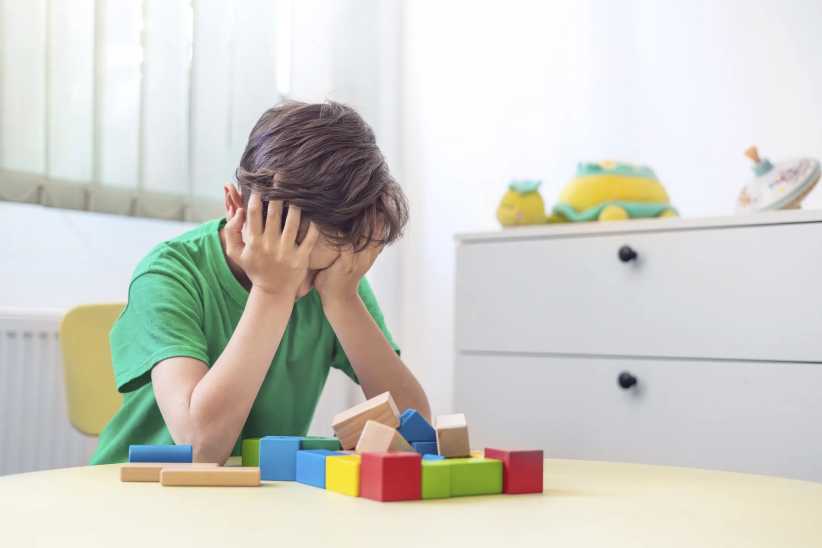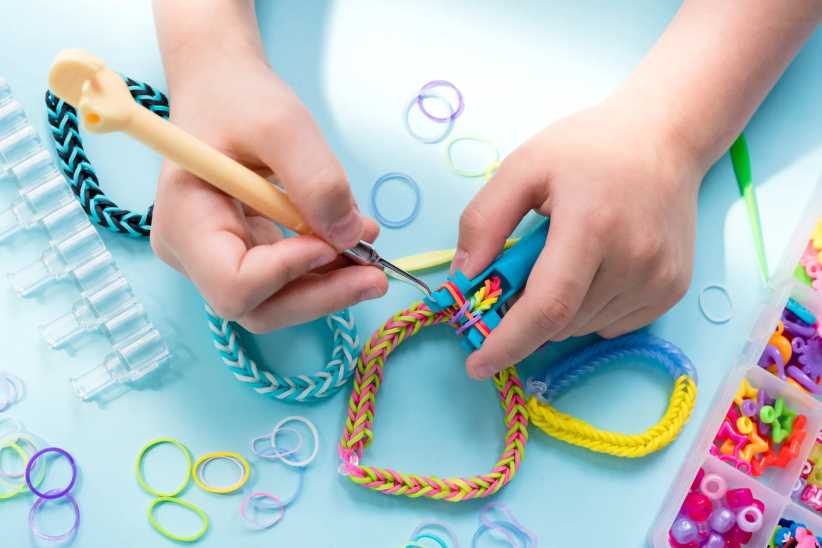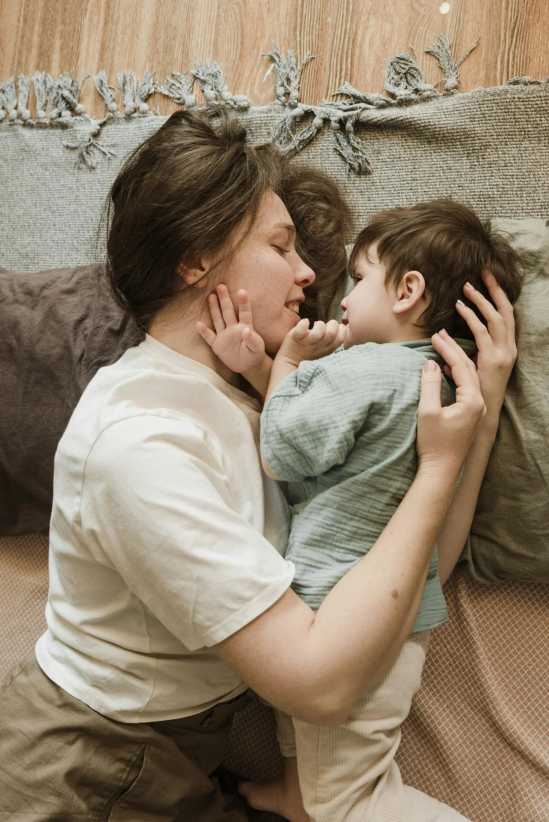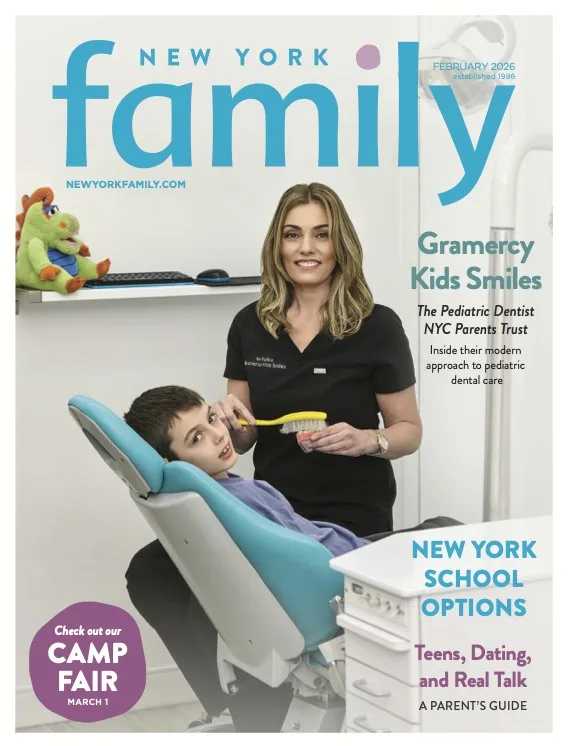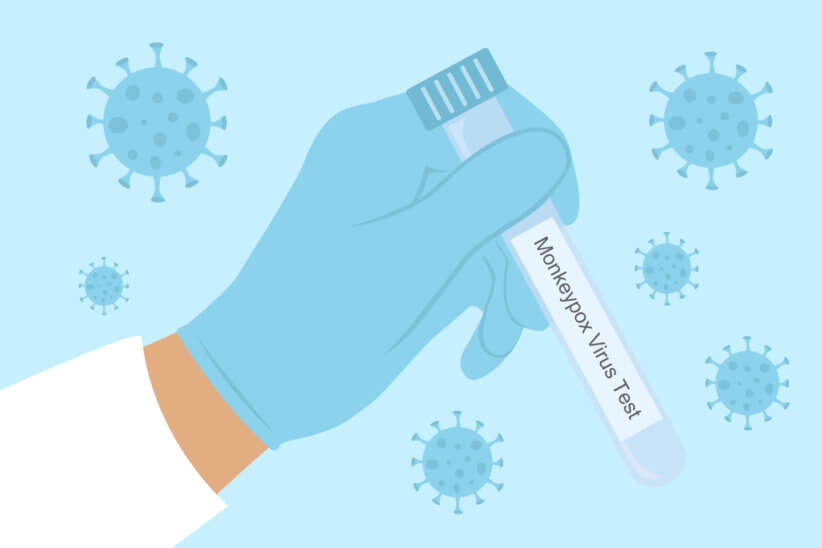
What Parents Need to Know about Monkeypox this Global Health Emergency: Preventive Measures
On July 23rd, the World Health Organization (WHO) declared the monkeypox virus a global health emergency, the organization’s highest alert level. The announcement was made a day after the first two pediatric cases in the United States were reported. At the time, there were 3,000 Americans who had been infected with the virus. Since this statement from WHO, California, New York and Illinois have declared a state of emergency. And there are now 6,300 confirmed cases in the United States; globally, there are 25,000.
In the midst of this breaking health news, New York Family spoke with medical experts and put together some important information for parents about what they need to know when it comes to monkeypox and children.
Monkeypox: A Global Health Emergency
One of the main reasons the WHO declared monkeypox a global health emergency is that the virus has spread rapidly to many countries that have not seen it before. The WHO’s assessment is that the risk of monkeypox is moderate globally and in all regions, except in Europe where the organization assesses the risk as high.
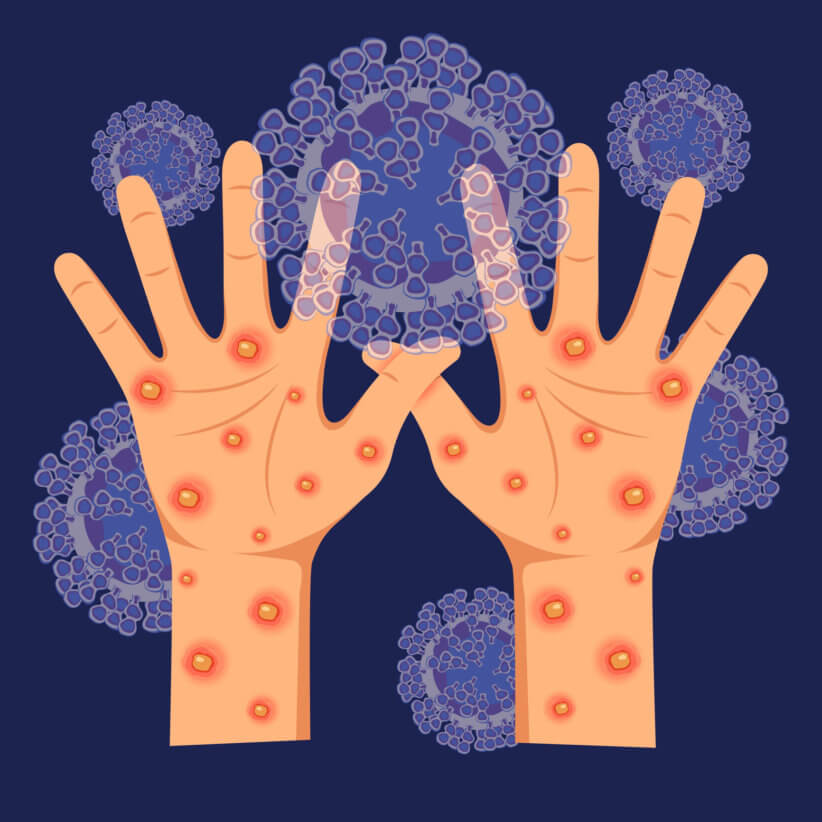
How can the spread of the virus be contained?
Although the WHO can not impose mandates on governments, it can make suggestions and recommendations for precautions and ways to help stop the spread of the virus. Some of those recommendations, according to the WHO’s director general, Tedros Adhanom Ghebreyesus, include a coordinated response to stop transmission and protect vulnerable groups.
“Although I am declaring a public health emergency of international concern, for the moment this is an outbreak that is concentrated among men who have sex with men, especially those with multiple sexual partners,” Tedros said. “That means that this is an outbreak that can be stopped with the right strategies in the right groups. It’s therefore essential that all countries work closely with communities of men who have sex with men, to design and deliver effective information and services, and to adopt measures that protect the health, human rights and dignity of affected communities.”
What Parents Need To Know About Monkeypox
What is monkeypox?
First, it’s important to know what exactly this virus is. In short, monkeypox is a rare disease caused by infection with the monkeypox virus. It’s part of the same family of viruses as variola virus—the virus that causes smallpox. It has largely been associated with animal exposures in Africa.
Monkeypox is rarely fatal.
How is monkeypox spread?
Monkeypox can spread in a variety of ways. It can spread from person-to-person through direct contact with the infectious rash, scabs or body fluids. It also can be spread by respiratory secretions during prolonged, face-to-face contact, during intimate physical contact, such as kissing, cuddling, or sex, or by touching items (like bedding) that previously touched infectious rash or body fluids, according to the CDC. Pregnant women can spread the virus to their fetus through the placenta.
What are the signs and symptoms of monkeypox?
The most noticeable sign of a monkeypox infection is the appearance of skin lesions.
Dr. Sten Vermund, MD, an infectious disease epidemiologist at the Yale School of Public Health and a professor of pediatrics with the Yale School of Medicine, discussed the importance of observing the virus’ signature lesions. He pointed out that there aren’t too many conditions that cause pox lesions these days, so the process of elimination plays a key role here. In other words, smallpox was declared eradicated in 1980, and chickenpox, which was once a prevalent childhood disease, has plummeted in frequency due to vaccination—all of which makes monkeypox a possible diagnosis.
“The pox is a skin lesion that forms a bubble—a pustule—and it’s quite characteristic,” Vermund explained. “Looking at a picture of it, the average person can make a pretty good guess because there aren’t too many things that cause a lesion that looks like that of monkeypox.”
Having more than one of these lesions is another sign of a monkeypox infection. The lesions can be quite painful and sometimes result in scarring once the person has healed.
Laura Purdy, MD, MBA, a family medicine physician, added that moneypox has symptoms similar to other viruses such as COVID-19 or the flu, especially early on in the course of the illness. These include:
- Fatigue
- Aches
- Fever
- Chills
“The reason behind these symptoms is that our immune systems are working hard to respond to the virus, and as the immune system activates, these symptoms are produced,” Purdy explained. “There have been a few cases in the United States where the rash occurred without the other viral-type symptoms. Other people experience more substantial symptoms such as headache, back pain and swollen lymph nodes.”
Who is at greatest risk?
While the gay men’s community is most at risk, it’s important to know that anyone can get the virus, regardless of sexual orientation. Children can become infected, too. In fact, just last week, the CDC reported the first two documented cases of monkeypox in children.
During a recent live interview with the Washington Post, Rochelle Walensky, MD, director of the CDC, explained the two reported pediatric cases in more detail.
“Both of those children are traced back to individuals who come from the men who have sex with men community, the gay men’s community,” Walensky said. “So, when we have seen those cases in children, they have generally been what I call adjacent to the community most at risk.”
Walensky added that the children are now doing well.
How is monkeypox treated?
Monkeypox can be treated with antiviral drugs, Vermund said. If you suspect your child has monkeypox or was exposed to someone who may have monkeypox, bring them to a doctor as soon as possible. Prompt treatment can help lessen the severity of the disease.
Vaccination for at-risk groups is important, too.
“We can try to prevent it in vulnerable populations with vaccines,” Vermund said. “We have these extraordinary tools. It took us about 16 years before we had the triple antiretroviral combination for HIV. And after 40-plus years we still don’t have a vaccine. But for monkeypox we have a treatment, and we have a vaccine right away. So, we’re in much better shape.”
Now, according to Vermund and other medical experts, it’s a matter of beating logistics challenges to get treatments and vaccines to the people who need them.
Should children receive the monkeypox vaccine?
No, according to Vermund, who added that the average child has a close to zero risk of getting monkeypox.
“It would be inefficient to focus vaccine coverage for everybody because many people are not at risk,” Vermund said. “You have to have some bridge to an at-risk individual or vulnerable community. Without that, it would be quite inefficient to start vaccinating a lot of people whose risk is extremely low.”
What are some preventative measures parents should take to help keep their kids safe?
Anyone who thinks they may have been exposed to monkeypox should avoid any skin-to-skin contact with others. Purdy also recommends checking children’s skin for suspicious lesions and keeping them home from school if there are any blisters or cursting.
“Being mindful of avoiding contact with the skin lesions will reduce the risk of transmission,” she added. Right now, we don’t really understand exactly how long people are contagious for. We have seen some shedding of viral particles for as many as three weeks after resolution of skin lesions, but whether that correlates with infectivity is unknown.”
With all of this information in mind, parents shouldn’t worry too much or feel stressed about the virus.
“Since it’s not respiratory the way smallpox was, which was much more infectious, I think cause for concern is exceedingly minimal,” Vermund said.
Psst…988 What New York Families Need To Know about this Hotline and NYC Well

